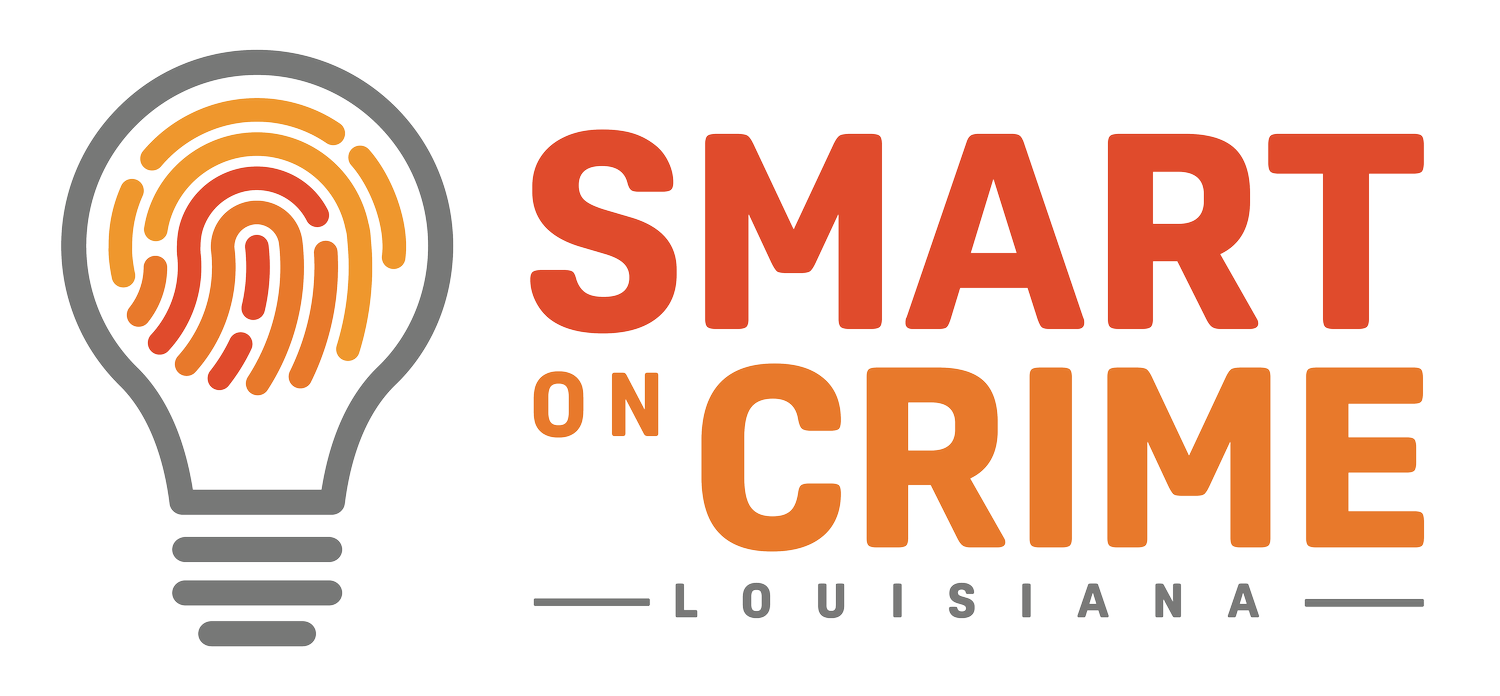The Cost of Technical Violations
This month, Governor Jeff Landry declared a state of emergency at Angola state penitentiary due to lack of beds. Overcrowding is a persistent issue in Louisiana jails and one that seems to be intensifying. Simply moving prisoners around is not enough. The recent state of emergency highlights why long-term solutions are vital to the health of our justice system. Addressing supervision violations, an all-too-common cause of incarceration and a significant drain on taxpayer dollars, is an economical and strategic step to improving public safety.
States are incarcerating people for violating the terms of their probation and parole. Many of these arrests are made due to technical violations instead of criminal violations. A technical violation of supervision is when the terms of the probation or parole are violated, but no new criminal offense is committed. What constitutes a technical violation varies from state to state based on supervision practices.
The Council of State Governments (CSG) Justice Center released an update to its report this month, “Supervision Violations and Their Impact on Incarceration,” to help policymakers better understand how supervision policies are impacting their state’s incarcerated population. The report’s numbers were staggering. Close to 200,000 people returned to prison in 2023 because of supervision violations, but over half had only committed a technical violation. Reducing incarcerations for common technical violations like missed check-ins or skipped treatment sessions is a low hanging fruit reform that could significantly ease prison overcrowding.
Incarcerations from supervision violations are a costly burden to Louisiana in particular. The same CSG report quantified that Louisiana spent roughly $116 million in 2023 to incarcerate people for technical violations from parole and probation. Furthermore, while prison admission for new crimes in 2023 decreased, admission for technical violations increased by 12% from the previous year. While more data is needed to understand the full picture of the impact of Louisiana’s parole practices, the dollar sign and admissions increase attached to it is a strong indicator of room for improvement.
The CSG data highlighted that not all states are experiencing an uptick in technical violation incarceration and costs; through evidence-based policies, intentionally collecting and leveraging data, and responsive legislation, states like Georgia, Missouri, and Oklahoma have dramatically improved supervision outcomes. While each state’s respective success relied on a convergence of legislative and practical factors, actionable reforms were foundational to the decrease.
For instance, Georgia incorporated virtual check-ins, making probation adherence more accessible. Missouri implemented the Lantern program, which uses data to help agencies collaborate and respond accurately to real time information about their parole programs. Along with a concentrated legislative effort to redefine low-level offenses from felonies to misdemeanors, Oklahoma honed in on the relationship between fines and fees—an overused practice consistently undermining Louisiana’s justice system—and incarceration.
Because public safety and a strong justice system do not exist in separate parts but rather as an interconnected system, solving one issue will often remedy another. Prison overcrowding is a systemic problem and leads to a litany of obstacles to both cost efficiency and reentry. Addressing the costs and consequences of technical violation related incarceration is an attainable goal and one that will have far reaching effects for the taxpayers and prisons of Louisiana.
